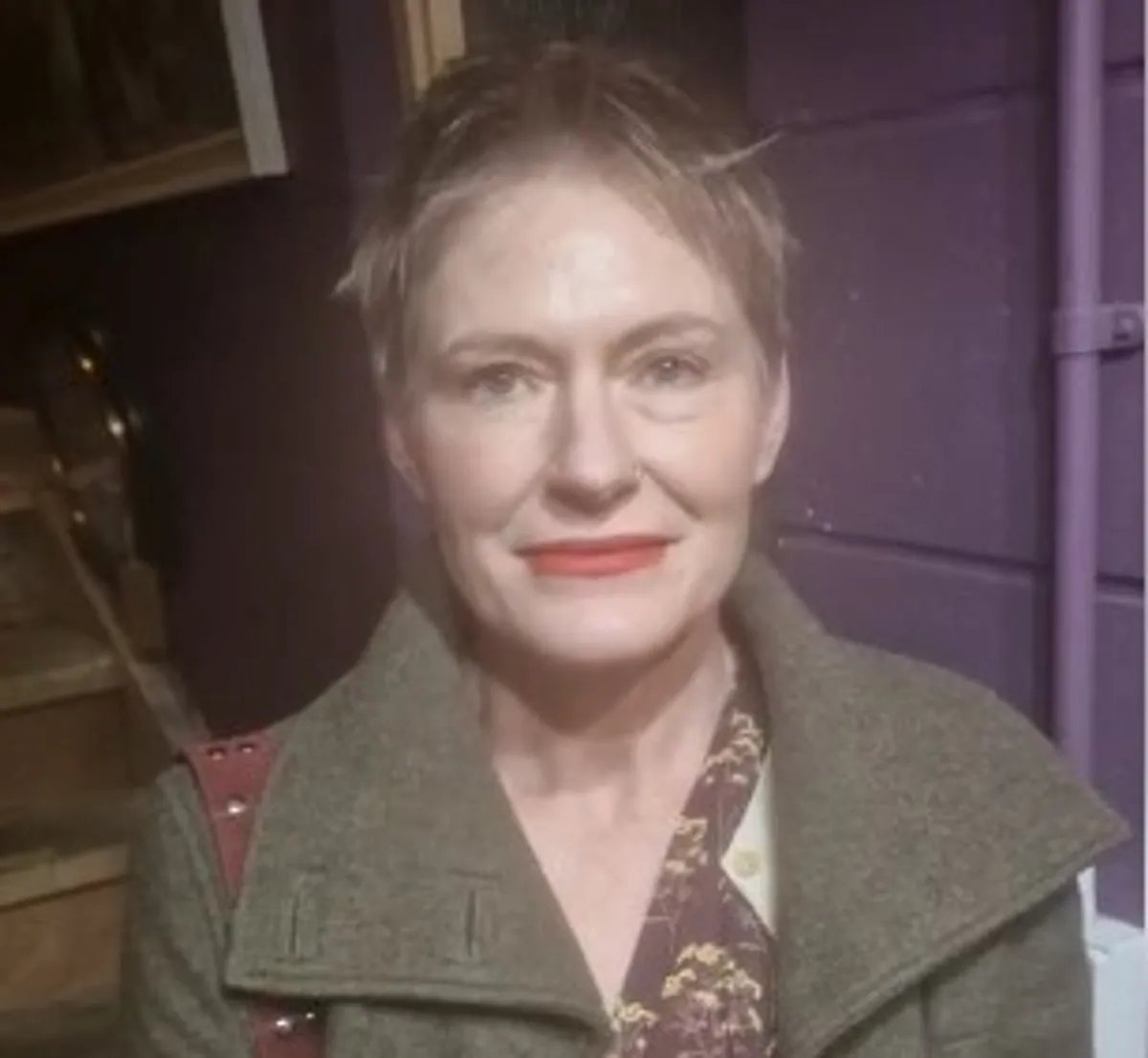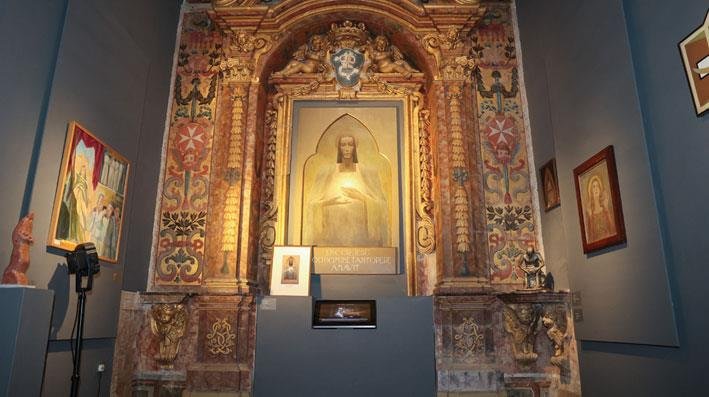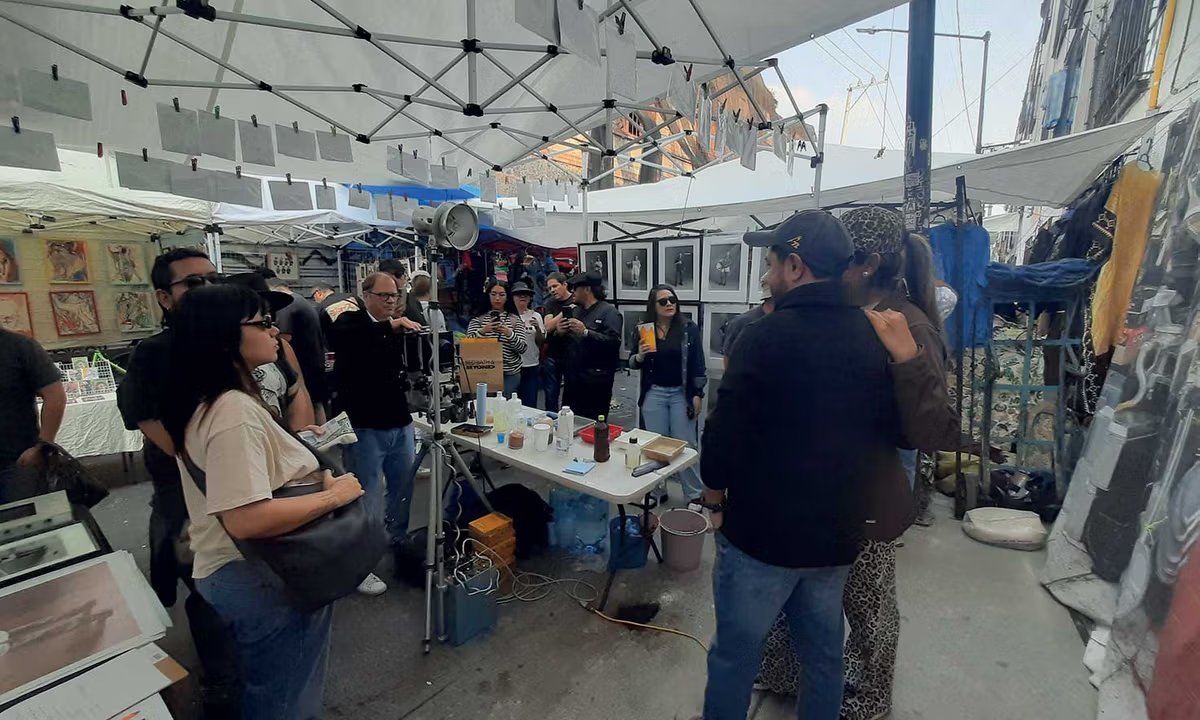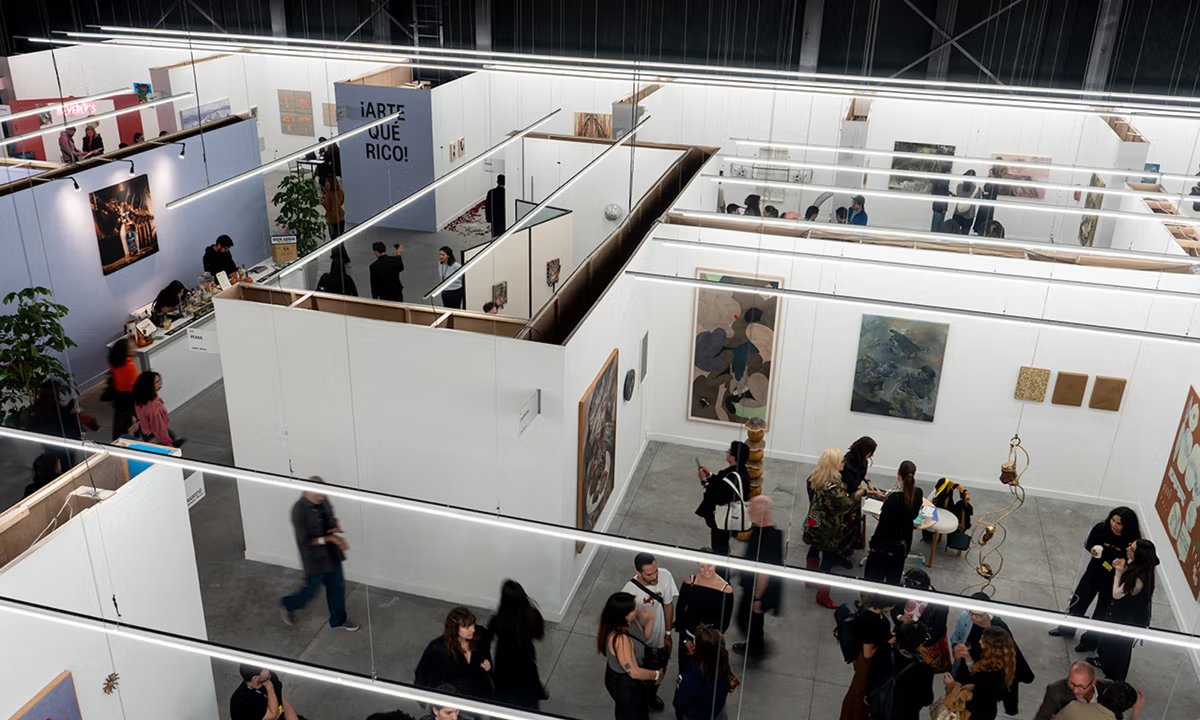“I see hope; I see perseverance,” Mr. Bergès told the committees of the artwork.
He began to represent Mr. Biden in 2020, after they were introduced by Lanette Phillips, a music video producer who hosted a fund-raiser for President Biden in 2019. (Mr. Morris, who bought 11 of the works, has said that he first met Mr. Biden at Ms. Phillips’s fund-raiser, and that he felt sympathy for the younger Biden, who was unemployed and besieged by paparazzi.) The gallery’s first contract with Mr. Biden gave Ms. Phillips 10 percent of the net proceeds from his art, and described her as the “artist’s agent.” A second contract, dated September 2021, does not mention Ms. Phillips, instead specifying a 60-40 split between Mr. Biden and the gallery.
But Mr. Biden’s career as an artist soon became a target for conservative lawmakers who had long scrutinized his business dealings around the world, suggesting that he was receiving lucrative fees and a board seat on Burisma, a Ukrainian energy company, because of his ability to provide access to his father. Last year, as the House started an impeachment inquiry into President Biden, his son’s art career became a topic in a wide-ranging investigation.
Mr. Biden, 54, sat for a daylong interview in February with the House committees. He told them: “I did not involve my father in my business, not while I was a practicing lawyer, not in my investments or transactions, domestic or international, not as a board member, and not as an artist, never.”
Virginia Canter, the chief ethics council at Citizens for Responsibility and Ethics in Washington, a government watchdog, said it had always been unclear to her how it would be possible to ensure that Mr. Biden’s art did not become a conduit for those seeking access to the president. But she said there was no evidence of her biggest concern: that foreign investors could seek the administration’s favor through the art.
Mr. Bergès, 47, said he chose not to renew Mr. Biden’s contract in October, but added that they remain friends and that Mr. Biden was continuing to paint; some of his works still hang in the gallery. In the interview, he said that he had needed to focus on the other artists his gallery represented and that the attention his gallery had received, including death threats, felt overwhelming.
“It was a little bit more than I could chew,” Mr. Bergès told the committees. “I kind of wanted my life back.”
Robin Pogrebin contributed reporting. Kirsten Noyes and Alain Delaquérière contributed research.






